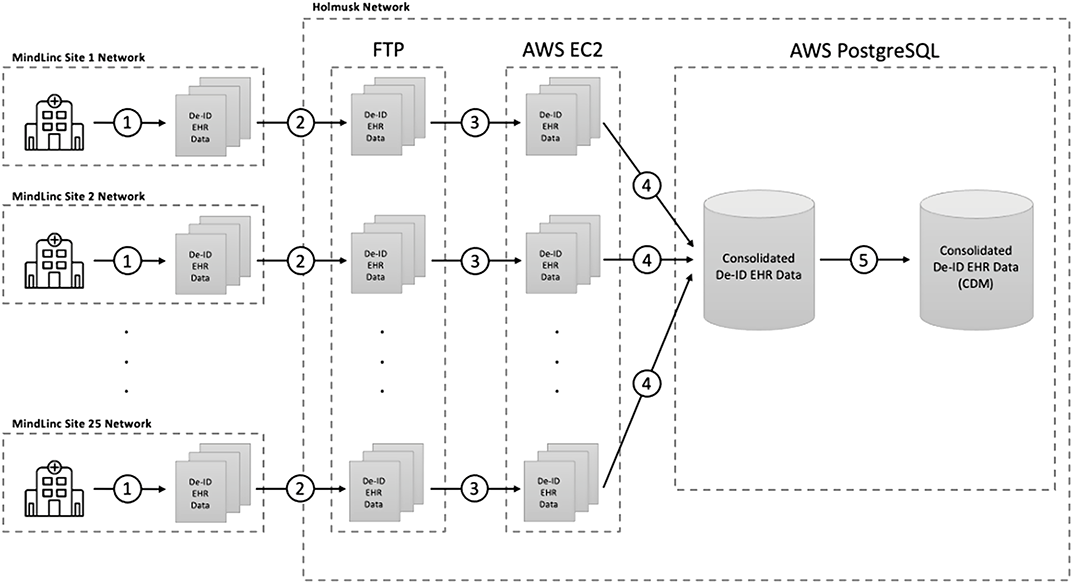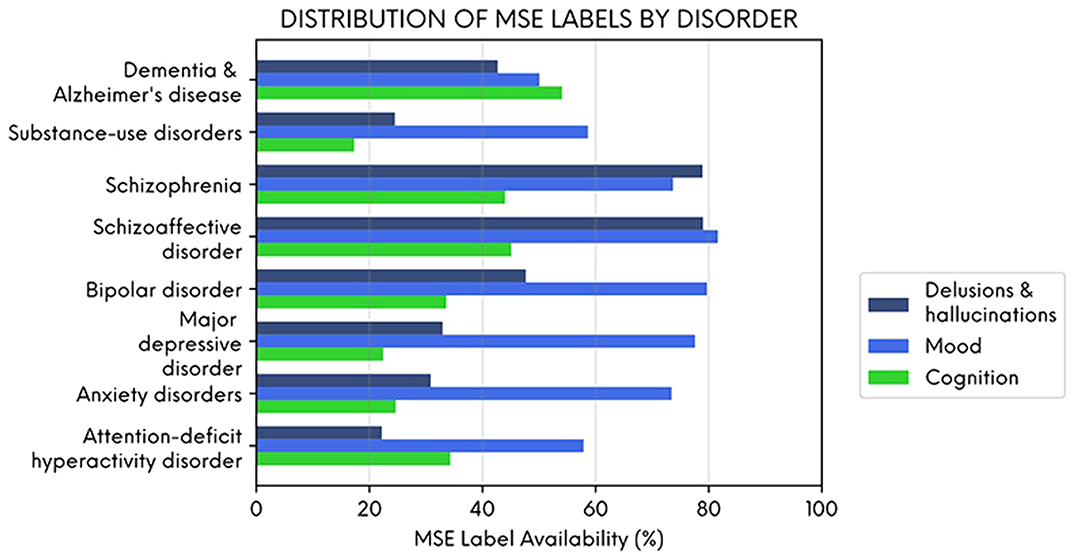Refine search
Actions for selected content:
2 results
The evolving role of data & safety monitoring boards for real-world clinical trials
-
- Journal:
- Journal of Clinical and Translational Science / Volume 7 / Issue 1 / 2023
- Published online by Cambridge University Press:
- 02 August 2023, e179
-
- Article
-
- You have access
- Open access
- HTML
- Export citation
NeuroBlu: a natural language processing (NLP) electronic health record (EHR) data analytic tool to generate real-world evidence in mental healthcare
-
- Journal:
- European Psychiatry / Volume 65 / Issue S1 / June 2022
- Published online by Cambridge University Press:
- 01 September 2022, pp. S99-S100
-
- Article
-
- You have access
- Open access
- Export citation



